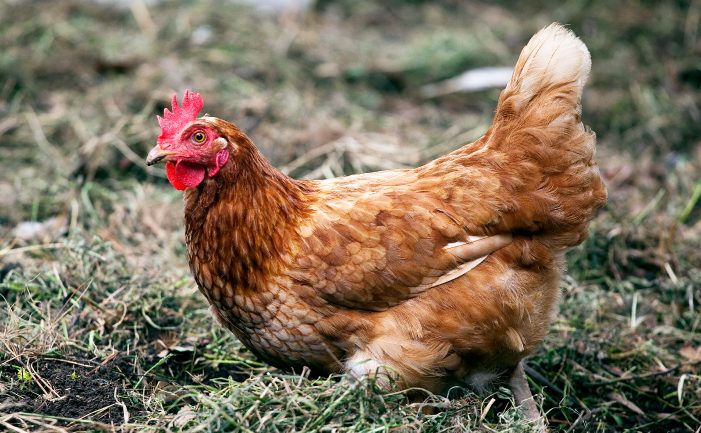

Every living thing that walks this earth at some point will cease to do so, with chickens being no exception. The time will simply come when their bodies begin to fail and they pass on to the next world. In some cases, accidents or illness may take them prematurely, but ideally our chickens will live out their days in avoidance of such hazards.
If a chicken is allowed to live to the end of its natural life, without plans for culling, how long will that life be? As a general rule, the life span of chickens varies slightly by design and purpose. For example, meat birds such as Cornish or Cornish crosses have a life expectancy of 1-3 years, likely due to the extra meat weight they carry taking a toll on their bodies, which is why these animals are usually culled at a young age; they are simply not designed for the long haul. Commercially used laying breeds such as White Leghorns are expected to live between 1-4 years, but domestic laying breeds like Rhode Island Reds and the like fall more in the 5-8 year range. There are many exceptions to these numbers, however, with the oldest living chicken on record, a Red Quill Muffed American Game named Muffy, reaching the age of 22.
Stories of chickens living into their teens and twenties may not be the norm, but it certainly happens. In cases such as this, it is important to remember that although the bird is still living, it is not necessarily still productive. Hens slow down and eventually stop laying and roosters become infertile long before their days on this earth are over. Just because the reproductive system has met its end does not by any means indicate that the chicken is staring death in the face.
As chickens age and stop producing, you will have to make a decision: do you cull old birds or keep them around as pets? Many people cull chickens that are past their reproductive prime, at an age which varies from bird to bird. This is because for some these animals are a necessary way of life, and when they are unable to serve their intended purpose, they must go. When the chicken’s eggs are no longer present to feed your family, the chicken itself becomes food for your family.
However, there are still reasons to keep old hens around if you wish to avoid culling, such as the pest control and fertilizer they provide. Those animals will still need to be cared for at your expense during their golden years, which is a deal breaker for many and should be contemplated ahead of time before emotions become involved.
Ultimately the decision to keep or cull is up to each individual chicken owner. There is no rule as to what you should do; the choice is entirely yours based upon what is best for you and with what action you can live. If you feel that you are unable to cull your own birds, chances are good that a neighbor or friend will take them off of your hands to do so. As long as your birds meet an either dignified or useful end based on your preference, it is important to remember that animal’s life was fruitful and worthwhile.
 Contact Jaguza Support
Contact Jaguza Support